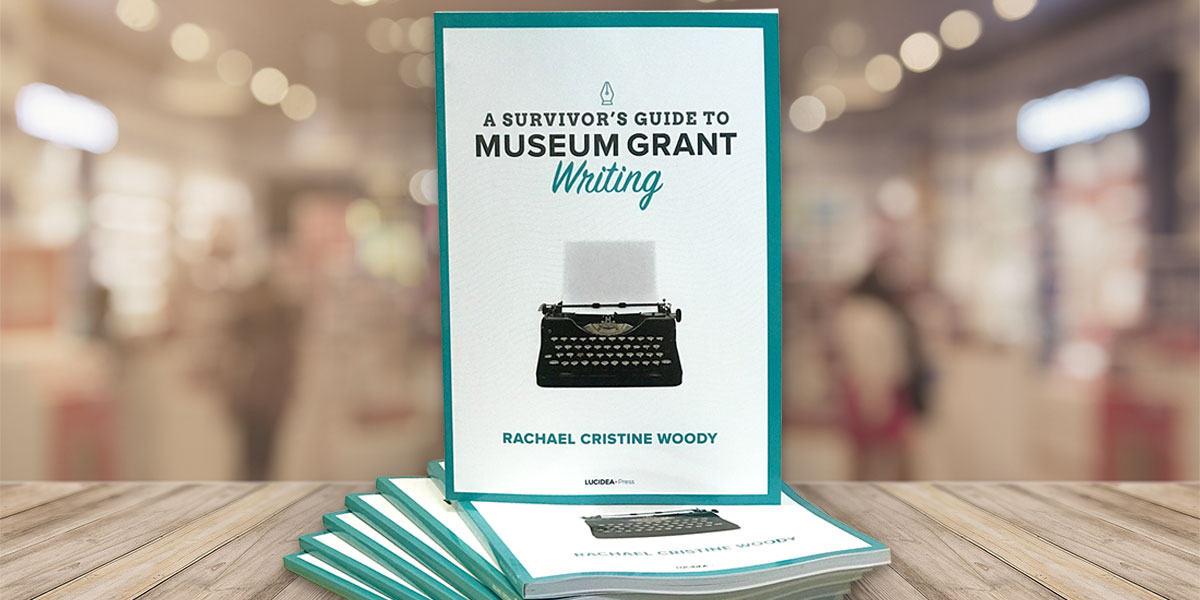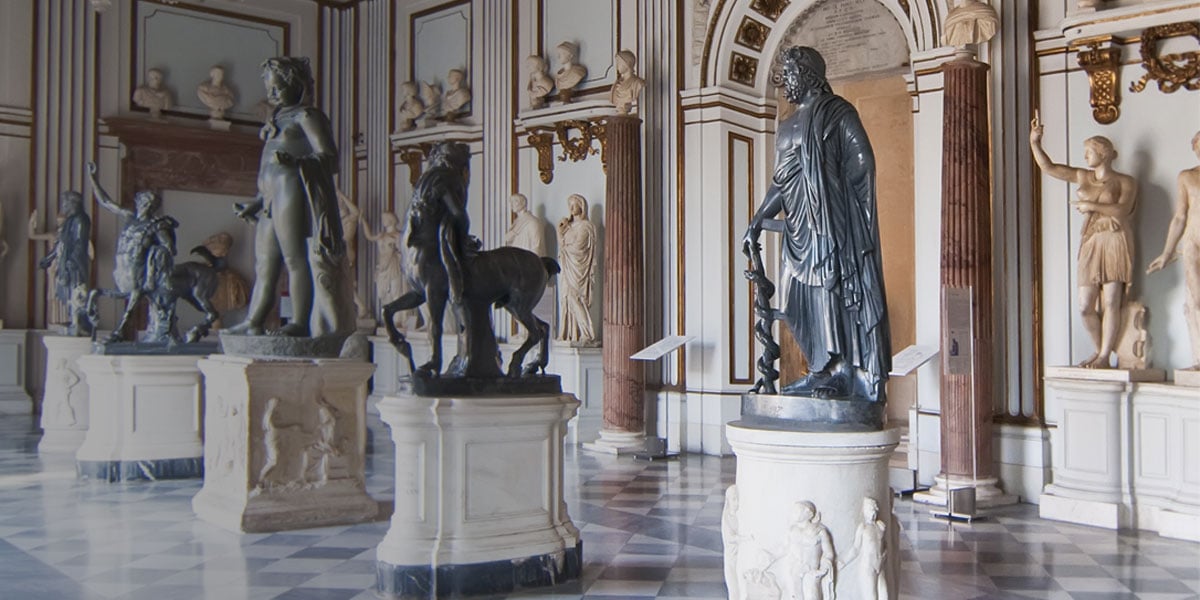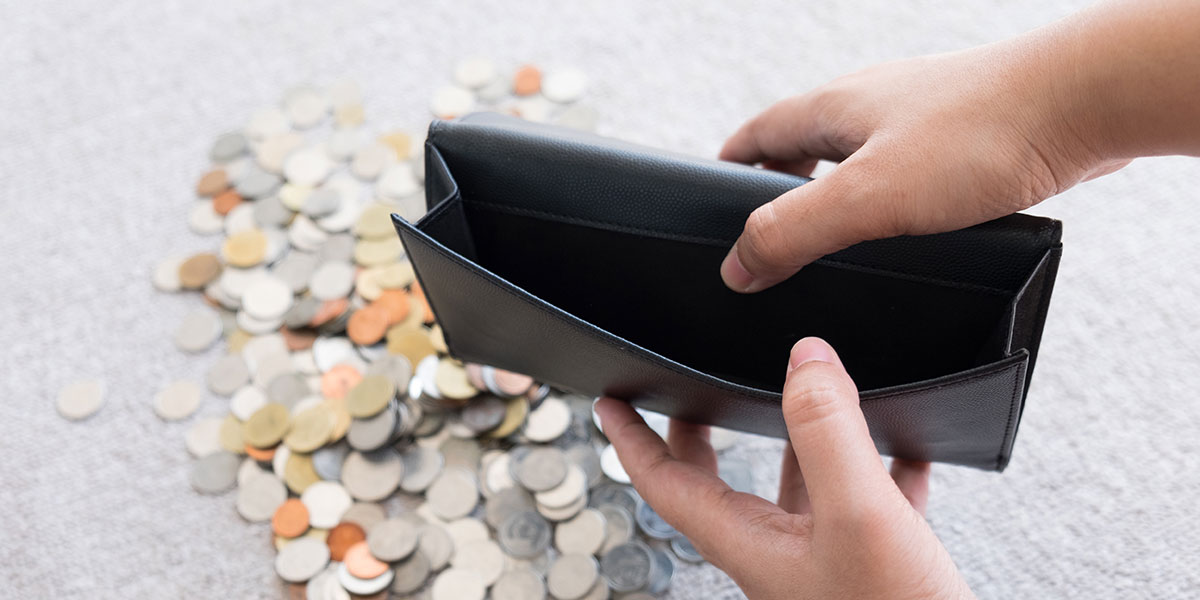Museum online presence is not a new area of museum work, and yet it is widely considered a fledgling or niche area. The physical aspects of a museum traditionally receive more staff attention and a larger amount of the operating budget than its online counterpart.
We've Moved!
Think Clearly has a new home! Click here to see our latest posts.
*If there’s older content you’d like to catch up on, you can browse right where you are, until Friday, April 5th.
We know it takes a minute to get used to change!
Topics: Museums, Funding, Visitor Engagement, Digital Museums
The fallow months of winter are usually the best time for museums to perform museum grant writing and planning. Many funding agencies have refreshed their grant requirements and deadlines for the upcoming year, and many of the grant applications usually aren’t due until early Spring through to the end of Summer.
Museums in Financial Trouble: Sell, Close, or Plan a Museum Merger?
It’s no secret that since The Great Recession of 2008, museums, cultural heritage, and cultural arts organizations in the United States are still suffering financially. For each of these organization types, the expense of owning or leasing a large building, maintaining a staff, and offering compelling programs can make it difficult to survive year to year.
Taking grant writing workshops, attending funding agency webinars, and reading grant writing tips can be incredibly helpful, but sometimes you need a little extra help from a grant specialist. A grant specialist is not just a grant writer, they’re an expert in leading a museum though the entire grant acquisition process.
How to Find the Best Museum Grant Funding Opportunity
One of the hardest aspects of the grant acquisition process is finding appropriate funding opportunities that match the museum’s proposed project. Many facets of the grant acquisition process can be taught and replicated, but conducting grant prospect research is an area that will change each time a new project needs funding.
If your museum isn’t applying for grants or hasn’t been successful with previous applications, you need to understand why in order to circumnavigate the roadblock. This is a necessary first step before any grant work can begin. Self-reflection, outside assessment, and solicited expertise are employed whenever a personal or professional roadblock comes up—and the same applies here. It’s time to unblock your writer’s block and get back (or jump in) to grant writing.
Topics: Museums, Professional Development, Strategy, Funding
Ready to Read: A Survivor’s Guide to Museum Grant Writing
I’m pleased to announce that my new book, A Survivor’s Guide to Museum Grant Writing, is now available. Published by Lucidea Press, it will show you how to develop a successful approach to grant writing that increases your chance of grant acquisition success.
Museums know they need money, but they’re often so overwhelmed they can’t put ideas on paper. While it may seem counter-intuitive to focus on your problems, this is exactly what I recommend to museums.
Failing to win a grant your museum applied for can feel very personal. It’s natural to have feelings of sadness and frustration, and wonder what went wrong. This is a post to help you move past the rejection letter and use failure to strengthen future applications.
With few exceptions museums rely on grant funding to supplement their annual budget. While it’s recommended a museum cultivate a stream of income that supports its yearly activities, most museums can only afford to keep the lights on and maintain a spartan staff.
Grant writing can be a complicated and intensive process. Each grant application will have a different emphasis and process to follow, and if you’re new to grant writing, it can be intimidating. While all grants are different, there are aspects that remain the same. From the dozens of grants I’ve written, read, and edited, I’ve compiled the top 8 tips to a bulletproof proposal.
Through working with granting agencies, providing grant reviews, and writing grants with museums and archives, I’ve seen a specific set of mistakes museum professionals make all the time. I’ve even made some of them myself. I want museums to be stronger applicants and am here to share the most common museum grant pitfalls to know and avoid.
In my work as a museum, library, and archives consultant, I’ve had a great amount of exposure to the fundraising world. Money is so often needed in order to meet museum missions, and grants are often a popular way to secure funding. Through my role as a grant writer and reviewer, I’ve decoded the top four museum funding ideas that are often well received by granting agencies.














